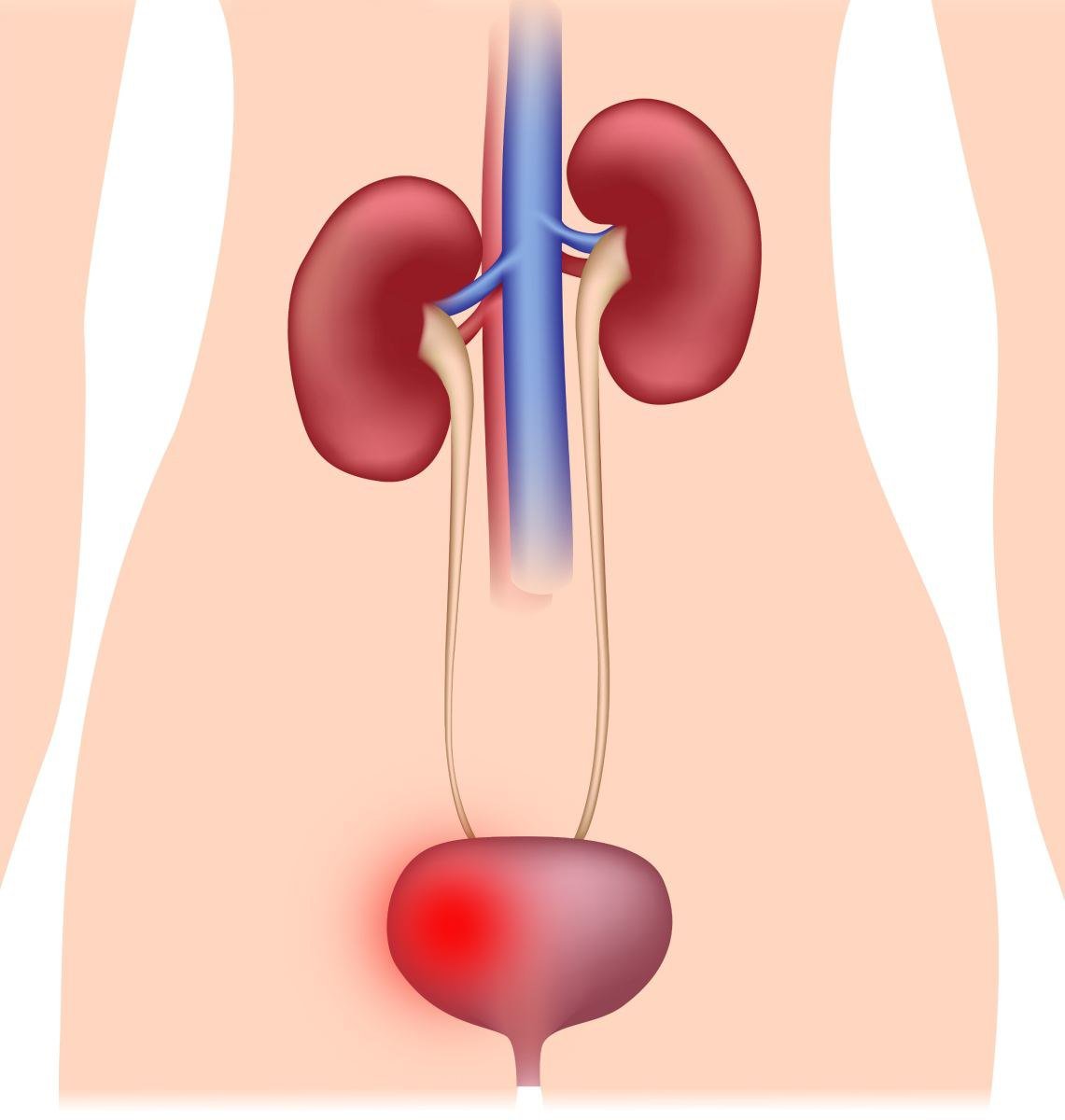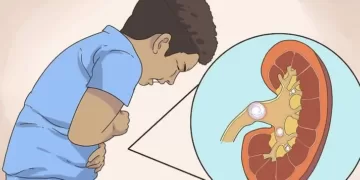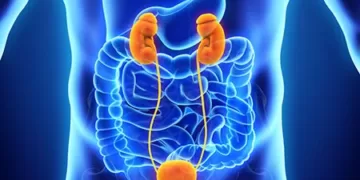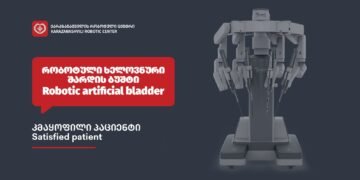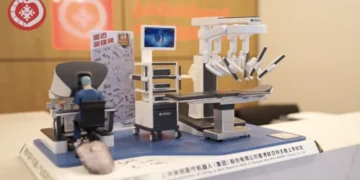Nephroptosis – is a Greek word that means omission. This term refers to the omission of an organ.
Kidney prolapse (nephroptosis) also known as the floating kidney is a pathological condition that is characterized by increased mobility of the kidney and a violation of the normal anatomical location of the genitourinary organs. Nephroptosis or mobile kidney, for its part, increases the risk of developing diseases such as pyelonephritis, renal arterial hypertension and others.
Normally, the range of motion of the kidney (physiological movement) is no more than 1-2 cm. With nephroptosis, the supporting (fixation) structure weakens, the organ descends and, accordingly, the likelihood of developing various complications increases.
The incidence of nephroptosis among men and women is 0.1% and 1.5%, respectively.
Such a large difference between the indicators is explained by the characteristics of the female body, mainly due to the characteristics of the reproductive function (comparatively large pelvis, low tone of the abdominal wall, greater elasticity of the veins, a small tendency to visceral (internal) obesity.
The main reasons for the development of nephroptosis:
- Sharp weight loss and a significant decrease in the fat capsule;
- Injury to the lower back or abdomen, with significant damage to the fixation apparatus of the kidney;
- Pregnancy and childbirth (in some cases).
Nephroptosis disrupts urine excretion, increasing kidney pressure and altering blood circulation. Due to the large compensatory capacity of the renal organ, nephroptosis is sometimes not detected for a long period. During this period, irreversible changes may occur in the kidney parenchyma, leading to hydronephrosis.
One of the dangerous types of complications of nephroptosis is pyelonephritis, which is the result of a violation of urine output from the organ due to a change in location.
This condition may cause headaches, weakness, fatigue, abdominal pain, fever, and other symptoms. Renal colic may occur in acute pyelonephritis, requiring urgent medical attention; in such cases, patients need urgent medical attention.
With nephroptosis, due to the interlacing of the renal arteries, arterial hypertension often appears, which is difficult to treat with medication.
Treatment of nephroptosis
Treatment of nephroptosis can be both conservative and surgical. Initially, doctors offer patients compliance with certain rules, such as wearing a special bandage and doing regular exercises to strengthen the organ’s fixation apparatus. If conservative treatment fails, doctors may recommend surgical treatment known as nephropexy, which involves fixing the kidney with a surgical method.

